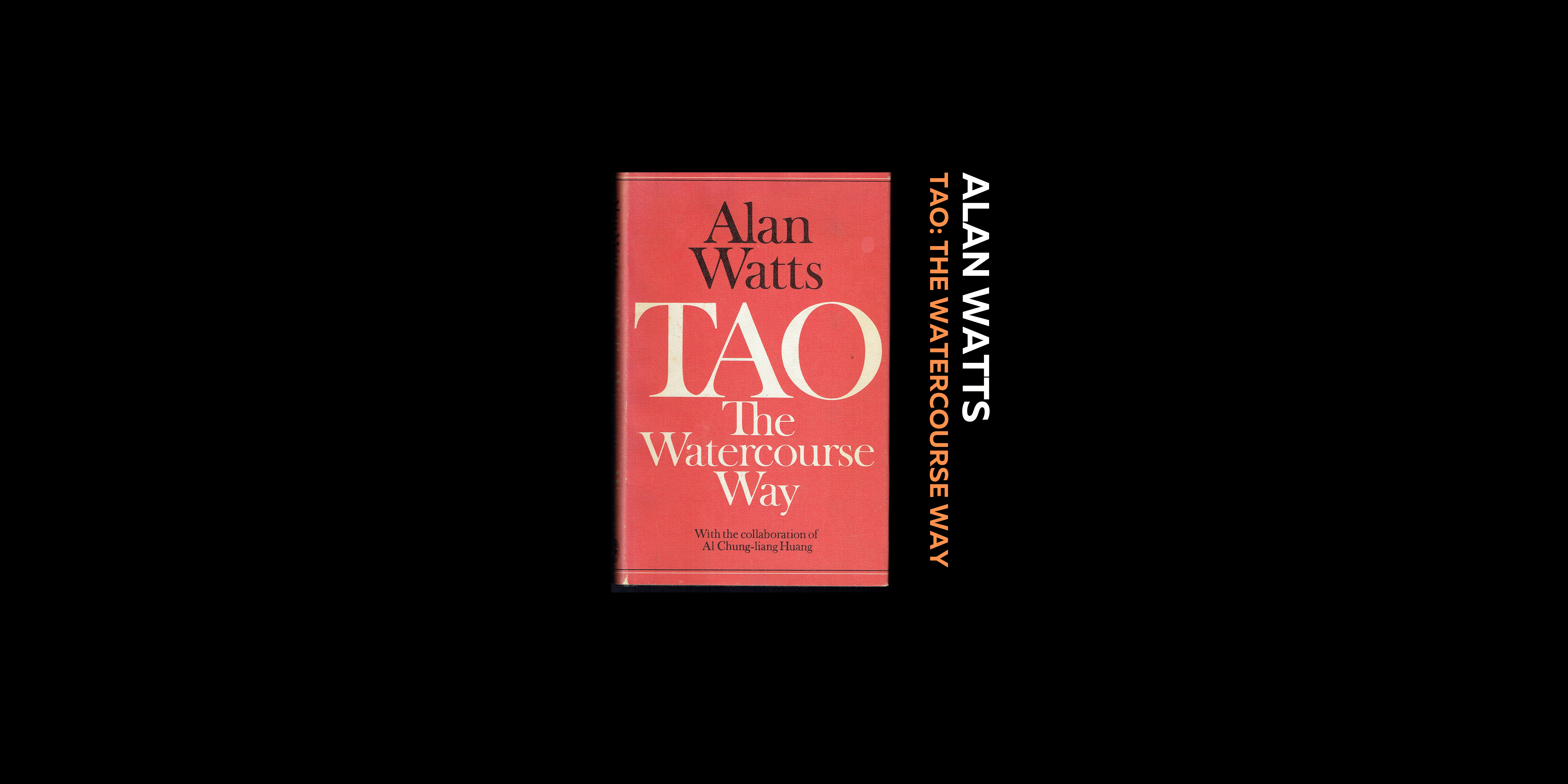Over the past few years, I had become increasingly obsessed with the idea of belonging. Having denounced religion early in life, I realised its psychological repercussions only later. I realised I wasn’t fully prepared to navigate the world without the idea of a supreme being, and unquestioning faith in the doings of one. Perhaps that’s what happens when you give up faith… You are lost. But even with the storm it brought within me, I felt free… More than ever.
Looking back at my growing years, I realise now that it wasn’t so much the idea of God but the image of one that disturbed me deeply. I also found it hard to conform to principles I did not believe in. Unfortunately though, my immediate surroundings were such that I felt increasingly alienated every time I questioned my faith. For a long time, I kept up the charade of praying, lest my parents catch wind of my ‘satanic’ thoughts and attempt to bring me ‘back on track’.
But that feeling of alienation also brought in me a desire to belong. I didn’t see at the time that these were attempts at spiritual awakening; at finding a framework that fit my personal belief-system. I like to call this period my spiritual infancy. I believe I am still there in many aspects, but I have advanced in other ways. Just when I reached a point where I decided not to look any further, in true Taoist style, I found Taoism!
The quest is ongoing still, and I have become aware that I have indeed encountered teachings of Taoism at some point or another throughout my life. And now they make sense to me like they had never before.
“The capacity of mind is broad and huge, like the vast sky. Do not sit with a mind fixed on emptiness.”
Tao: The Watercourse Way by Alan Watts
As an obvious next step in the direction of my inquiry, I began a hunt for books that can help me navigate the teachings and philosophy of the sages. That’s how I chanced upon “Tao: The Watercourse Way” by Alan Watts. If there could have been a better start for me, I wouldn’t know. I have taken to the text like a thirsty soul would to water.
Here are my six learnings from the text, which has been a validation of sorts, of my own beliefs:
The non-linearity of the world.
For the natural universe is not a linear system. It involves an infinitude of variables interacting simultaneously, so that it would take incalculable aeons to translate even one moment of its operation into linear, alphabetic language.
Tao: The Watercourse Way by Alan Watts
The power of effortless activity.
Wu-wei: The Tao does nothing, and yet nothing is left undone. These famous words of Lao-tzu obviously cannot be taken in their literal sense, for the principle of “nonaction” is not to be considered inertia, laziness, laissez-faire, or mere passivity…
Tao: The Watercourse Way by Alan Watts
“Thus wu-wei as “not forcing” is what we mean by going with the grain, rolling with the punch, swimming with the current, trimming sails to the wind…”
Tao: The Watercourse Way by Alan Watts
The inability to articulate our learning.
“But the expert cannot always explain the secret of his craft… But there is the irresistible temptation in us to find out how, which is to learn the secret by a linear, step-by-step method, or to be told in words.”
Tao: The Watercourse Way by Alan Watts
The importance of failure.
In the words of Lancelot Wyte, “Thought is born of failure. When action satisfies there is no residue to hold the attention; to think is to confess a lack of adjustment which we must stop to consider. Only when the human organism fails to achieve an adequate response to its situation is there material for the processes of thought, and the greater the failure the more searching they become…
Tao: The Watercourse Way by Alan Watts
Dealing with stress.
But they are also saying that the chances of survival are best when there is no anxiety to survive, and that the greatest power (te) is available to those who do not seek power and who do not use force. To be anxious to survive is to wear oneself out, and to seek power and use force is to overstrain one’s system. One is best preserved by floating along with the stress…
Tao: The Watercourse Way by Alan Watts
Don’t force it.
These strainings are largely futile because the nervous system is not muscle but electric circuitry, and one does not use a sledge hammer for tuning a radio. Those who raise children in this way are simply unintelligent people who think that mere force can achieve anything.
Tao: The Watercourse Way by Alan Watts
What interests me most about Taoism is a lack of prescription. It is pathless and paradoxically not so.
Tao: The Watercourse Way is Alan Watts last book. It was published posthumously. Alan Watts’ demise left the book incomplete, and was later completed by Chung-liang Al Huang. This book in many ways feels like a parting gift from an old, wise friend who understood the labyrinth of life a little better than many.

Leave a Reply